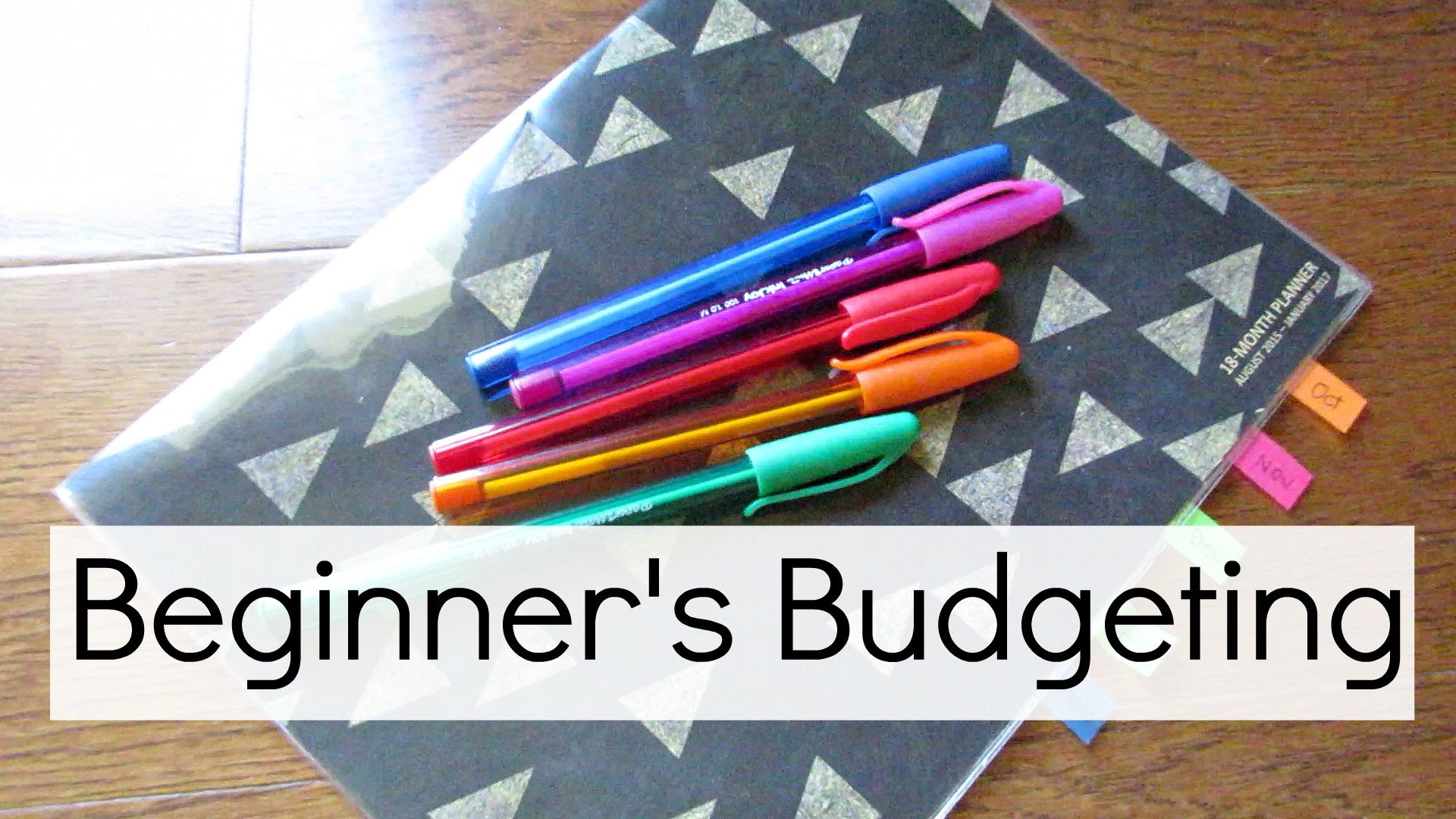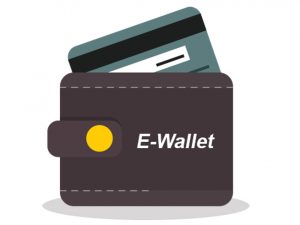Budgeting for Beginners
Drawing up a budget is something everyone should do, no matter what their financial standing. Even if you’re feeling flush and have plenty of money to go round now, that may change in the future- especially if you don’t budget! These budgeting tips and tricks will set you on the right path and give you a helping hand when it comes to managing your money.
Streamline and Simplify
A budget doesn’t have to be complicated, and part of the reason so many people end up not drawing one up, or quit half way through is because they overcomplicate it. Being bogged down by figures is very few people’s idea of fun (unless you are accountant) but the sooner you start budgeting, the easier it will get over time.
To begin, all you need to do is get an average idea of where your money goes each month and what you are spending it on, and you can do this by following this system:
Start with the obvious expenses:
- Rent or mortgage
- Utilities
- Medical
- Insurance
- Car payments
- School fees
- Any set monthly payments
These expenses are easy to calculate as you can look at your monthly bank statement and see what they are. Once you’ve worked out what these expenses are, move on to other big amounts you spend monthly such as:
- Groceries
- Entertainment
- Petrol
You should be able to average these amounts out by adding them up over a few months and determining an average.
Look for Hidden Expenses
The latte you have every morning on your way to work, the magazines you buy at the end of every week, the money you use for NZ sports betting and the Birthday presents you buy for friends and family every month all add up. Work out what these ‘hidden’ expenses can cost you and average them out. Then add them to the budget.
If you can an eye on the little but regular expenses that creep in, you’ll get a better picture of where your money is going.

Write It Down
So, now you’ve done the maths you need to write all the expenses down and see what they total. Once you have a figure you can compare it to your salary or incoming revenue each month and see where you stand.
When you have a clear picture of where you are spending your money, you can work out where to cut back and how to save. You can also keep a running tally of your expenses of sundry items over the course of a few months to see how much you really spend, and if you are particularly diligent, you can also keep all your slips and add them up to get an exact figure.
The more precise your budget, the easier it is to see where your money goes and how you can manage it better. As you become more experienced at budgeting you can also tweak and enhance your system and ensure that you always account for what you spend.





